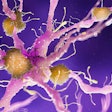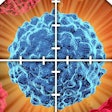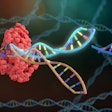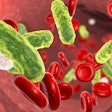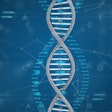
Deepcell on Tuesday announced the roll out of the next stage of its Technology Access Program (TAP), which provides access to its artificial intelligence (AI)-enabled single-cell morphology characterization technology for biology and translational research.
The University of California, San Francisco (UCSF) and the Translational Genomics Research Institute (TGen), part of City of Hope, are the initial locations to have the first generation of the Deepcell platform installed through the TAP program.
Deepcell said the program is expanding to three more sites in the U.S. and Europe, but did not disclose the sites.
The firm said it is taking the initiative in an innovative area of single-cell biology analysis focused on multidimensional readouts of cell morphology at scale without the use of any cellular markers.
Deepcell has developed AI-based technology that iteratively learns to identify and capture single cells based on morphological features that are barely discernible to the human eye.
Morphologically similar clusters of cells can then be captured for downstream molecular analysis without affecting their viability or perturbing them. By unlocking the power of morphology for cell biology, the firm is advancing the use of deep-learning capabilities to better understand cellular heterogeneity in richer detail, Deepcell said.
“Our goal is to characterize tumor cells found in malignant effusions from patients with metastatic breast cancer,” Mark Magbanua, a specialist in laboratory medicine at UCSF, said in a statement. “Using this technology, we can perform label-free enrichment and isolation of rare tumor cells from these fluids. Initial results from copy number profiling of enriched tumor cell fractions show genomic alterations consistent with those frequently found in breast cancer. Next, we plan to test the feasibility of single-cell RNA sequencing of tumor cells captured using Deepcell's platform to further elucidate the pathobiology of the disease. Evaluating the unique tumor microenvironment in malignant effusions provides an opportunity to look at tumor biology in a unique space that may behave differently than those in solid tumors, which ultimately may help to identify novel therapeutic targets.”












